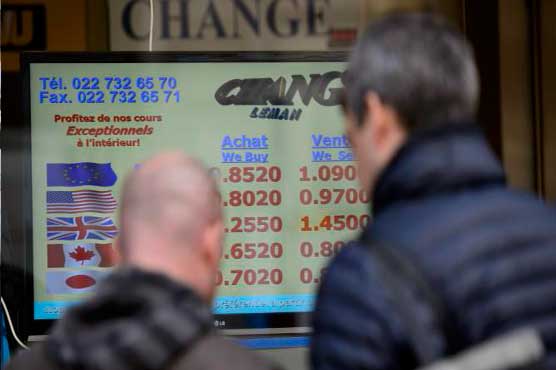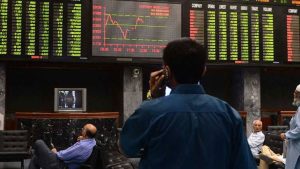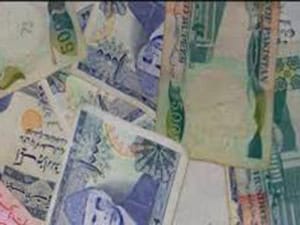LONDON (APP) – The staggering ascent in the Swiss franc, one of the most acute moves in decades by a major currency, has hurt financial firms around the world, with at least two brokerages going out of business.
Though currency markets were a bit calmer Friday, with the euro down 1.1 percent at 0.9824 francs, the repercussions from the previous day s move are being felt at financial firms from New York to New Zealand via London.
At one point Thursday, the franc surged around 30 percent against the euro in the minutes after the Swiss National Bank, or SNB, said it was ditching policy that limited the rise of franc. It had adopted the policy in 2011 to keep the franc s rise from hurting the economy s exports.
Derek Halpenny, a currency strategist at Bank of Tokyo-Mitsubishi UFJ, described the currency move as “unprecedented.” He s not alone in thinking that.
The scale and speed of the move in what is one of the world s most-traded currencies caught many financial firms unprepared. While holders of Swiss francs gained, those with sizeable holdings of euros or dollars against the franc would have suffered heavily.
While big banks can absorb big losses on markets, for some smaller firms, the volatility in the franc proved too much. Alpari, the London-based brokerage firm that sponsors the shirt of English Premier League football club West Ham United, said it had to shut down its business.
In a statement, the firm said the majority of its clients sustained losses which exceeded their account equity. “Where a client cannot cover this loss, it is passed on to us,” it said. “This has forced Alpari (UK) Limited to confirm today that it has entered into insolvency.”
The scale of anger within the firm is evident in a note that its market analyst, Craig Erlam, published Friday before news of the wind-down. Bemoaning the “idiotic actions of the SNB,” Erlam warned over the “longer term impact on the markets.” Alpari s demise follows that of Global Brokers NZ., a small currency trading house in New Zealand.
Its director, David Johnson, announced on the website of affiliate Excel Markets, that it could no longer meet the regulatory minimum to continue business.
“News of the impact of this event on companies and traders is just beginning to come to light,” he said. “As directors and shareholders we would like to offer our sincerest apologies for this devastating turn of events.”
FXCM, a New York-based currency broker, said late Friday that it was getting a $300 million rescue loan from financial firm Leucadia National Corp. It had warned that it could be in breach of regulatory capital requirements following a $225 million loss. Even so, FXCM shares fell 70 percent to $8.86 in after-hours trading Friday. Other firms, such as CMC Markets in London, said they can absorb the hit. Though its chief executive, Peter Cruddas, conceded the firm sustained losses, he said the overall impact has not materially impacted the group.
And Greenwich, Connecticut.-based retail trading platform Interactive Brokers revealed it lost $120 million. Still, the firm said that was only 2.5 percent of its net worth.
Thursday s decision by the Swiss central bank to call time on its efforts to prevent the euro from trading below 1.20 francs was a huge surprise. It came amid mounting speculation that the European Central Bank will next week back a big stimulus program that will put more euros in circulation which would further dilute their value. As the outlook for the euro has darkened, the cost for the Swiss central bank of defending its policy by buying euros or selling francs has risen.
Though the timing of the Swiss decision proved a surprise, most foreign exchange experts thought the policy, called a peg, would have to be abandoned, just as previous such efforts had. In 1992, for example, the British pound suffered similarly dramatic losses as it crashed out of a fixed exchange-rate system that was then operating in Europe.
“The history of currency pegs is that they are susceptible to changes in economic fundamentals that warrant a completely different level in the exchange rate,” said Neil MacKinnon, global macro strategist at VTB Capital.
The market impact was not limited to currencies. Switzerland s stock market tanked almost 9 percent on Thursday and was down another 6 percent on Friday.
Sarfraz Ali
The writer works as lifestyle Reporter for Daily Pakistan. He can be reached at sarfraz1168@gmail.com.
















